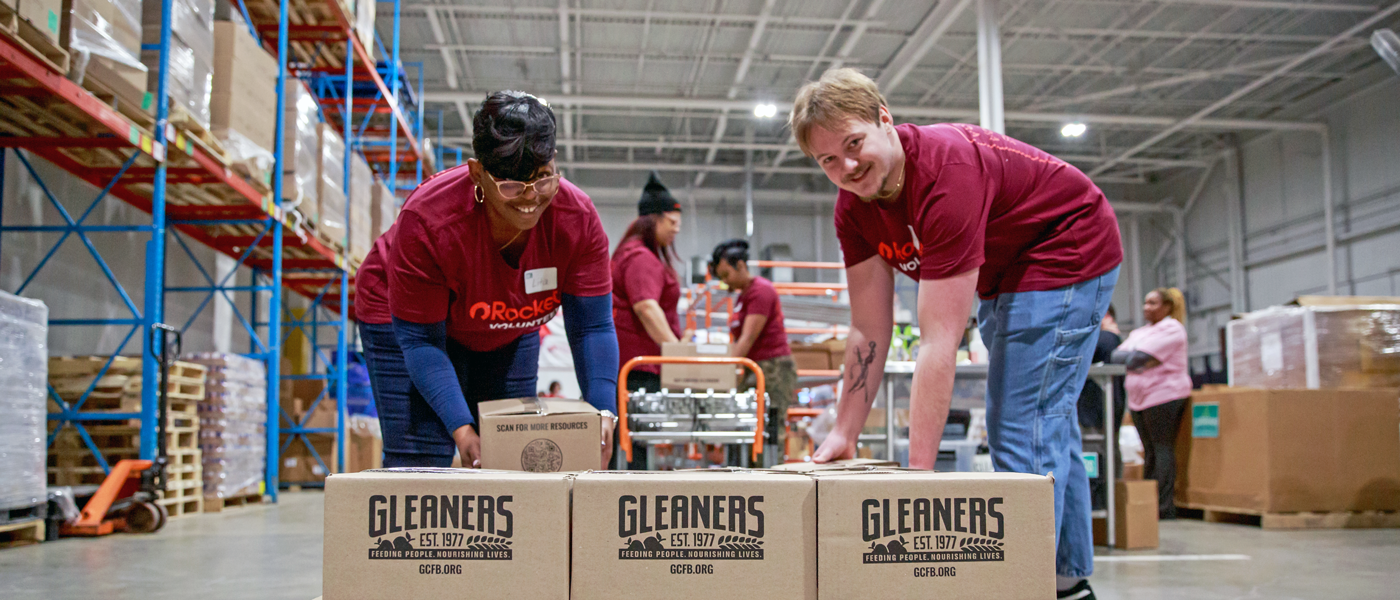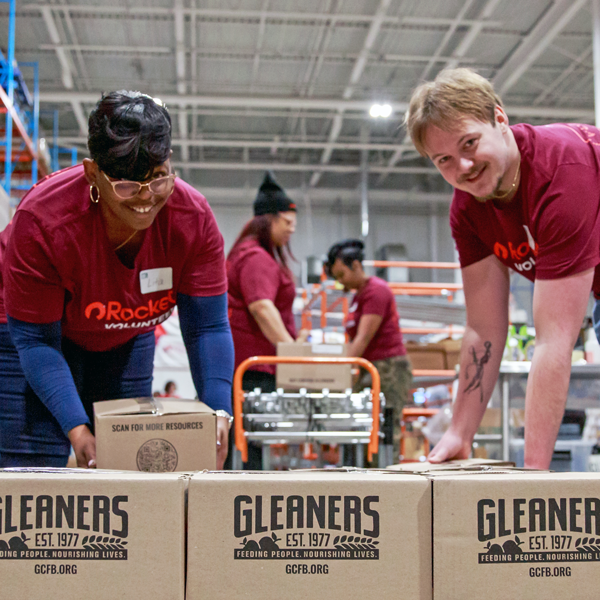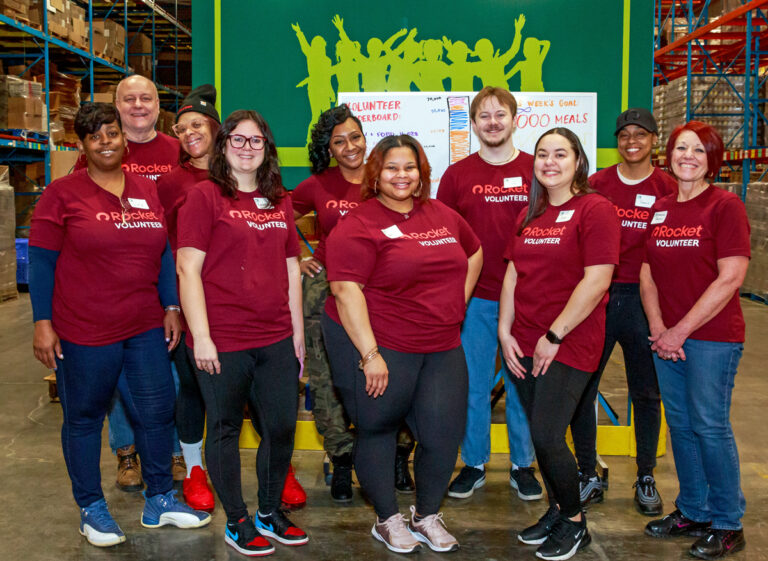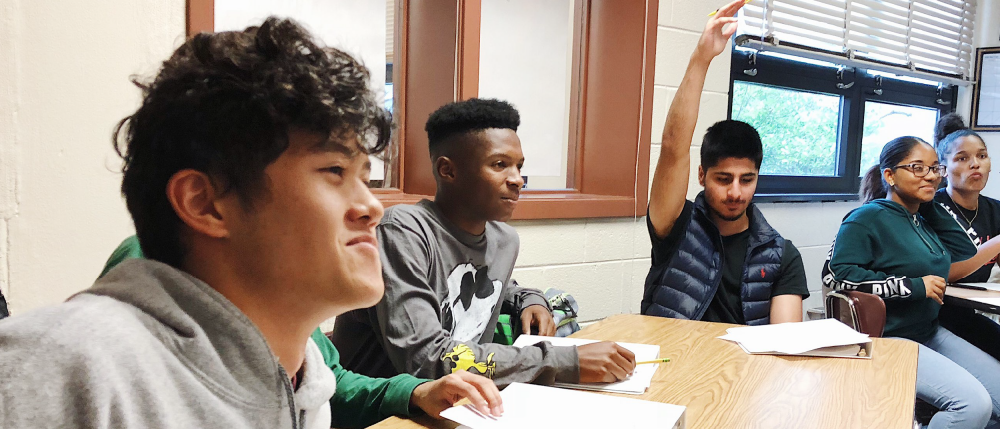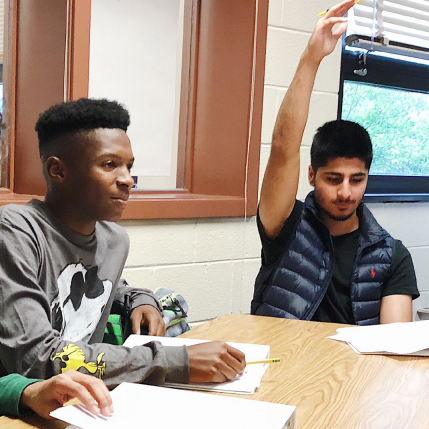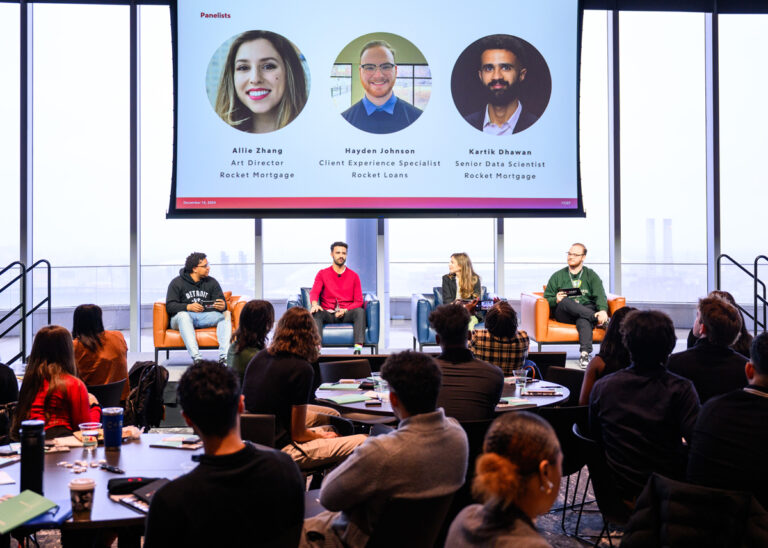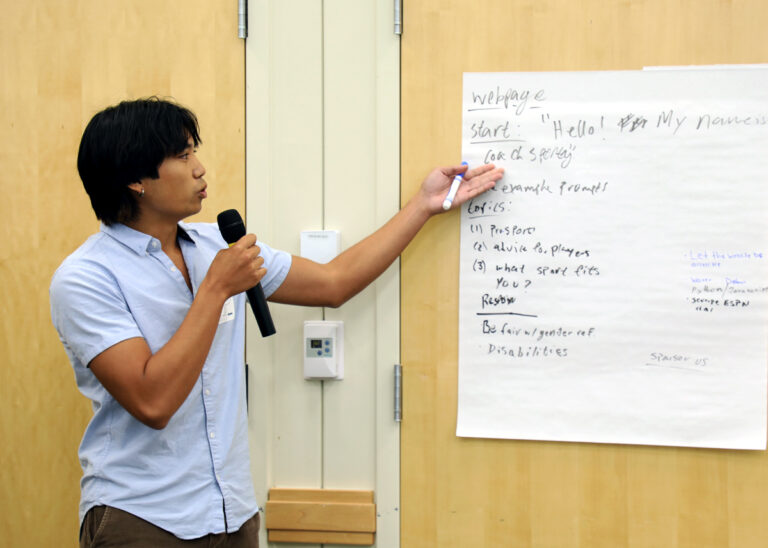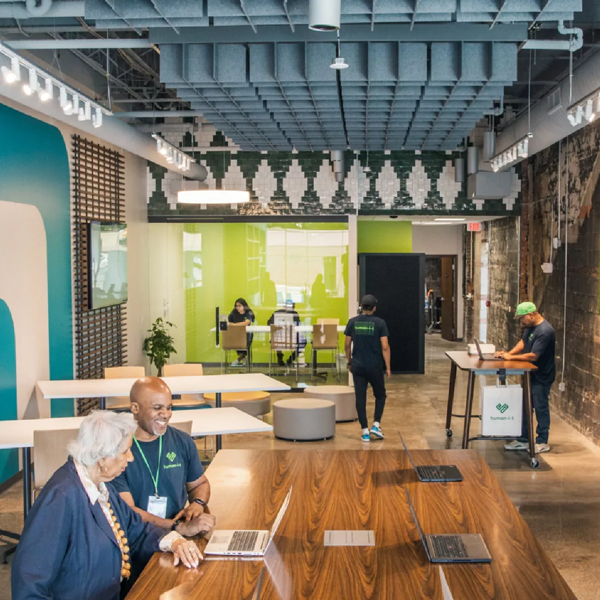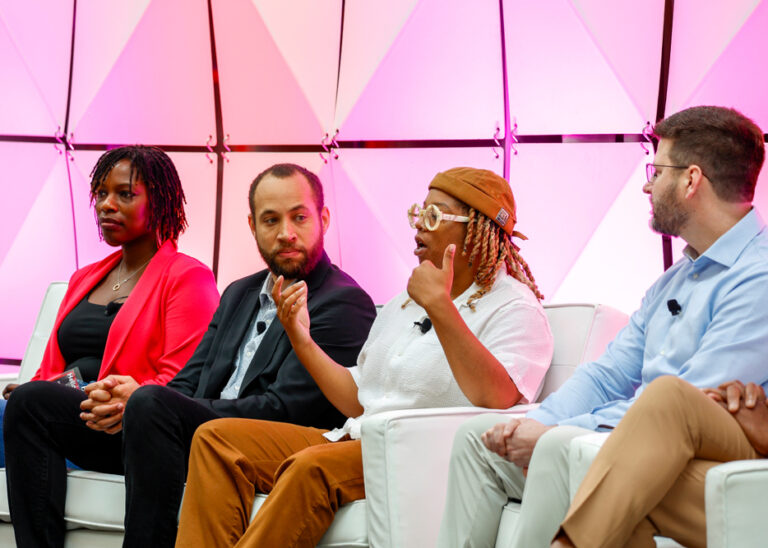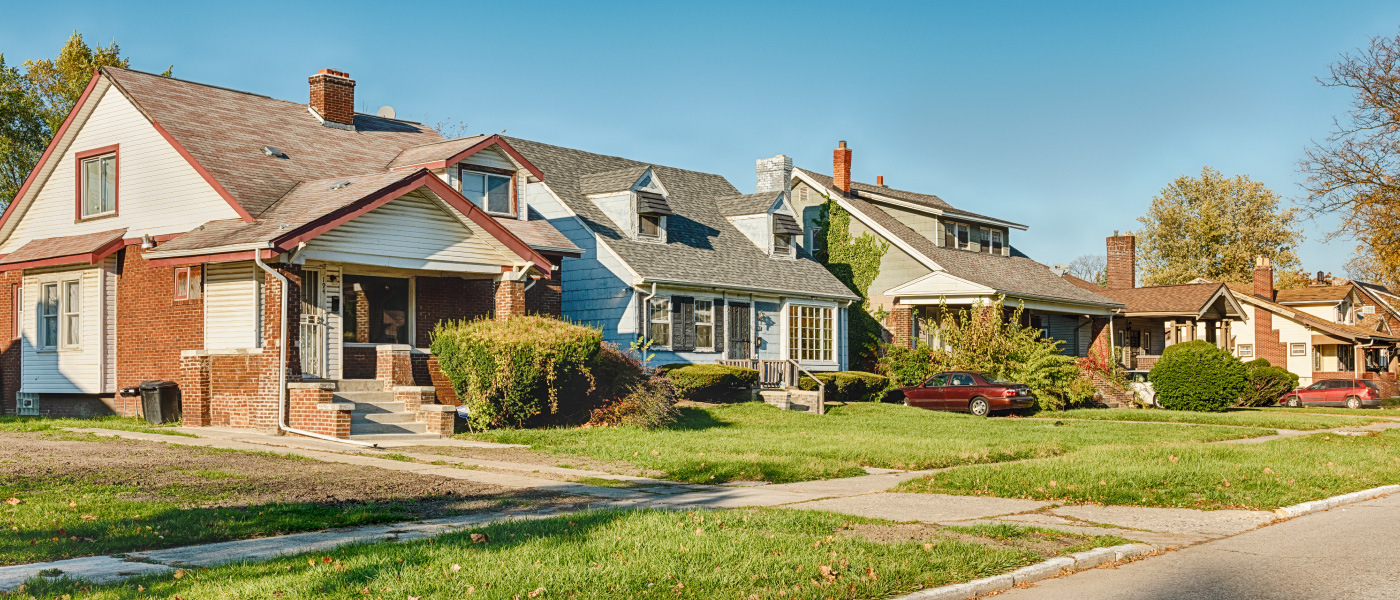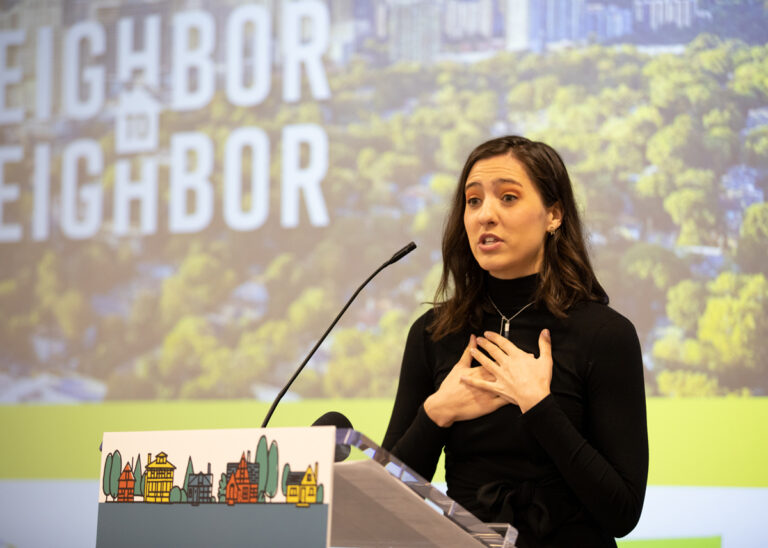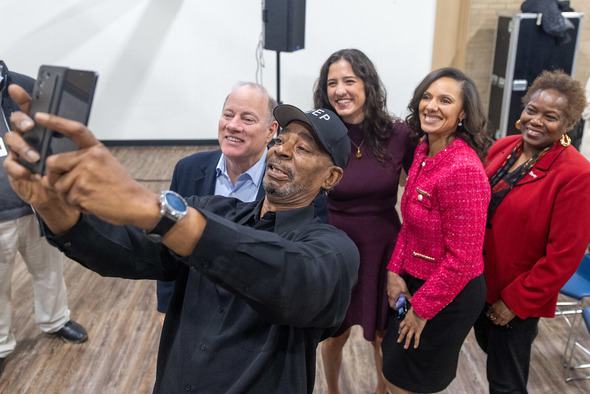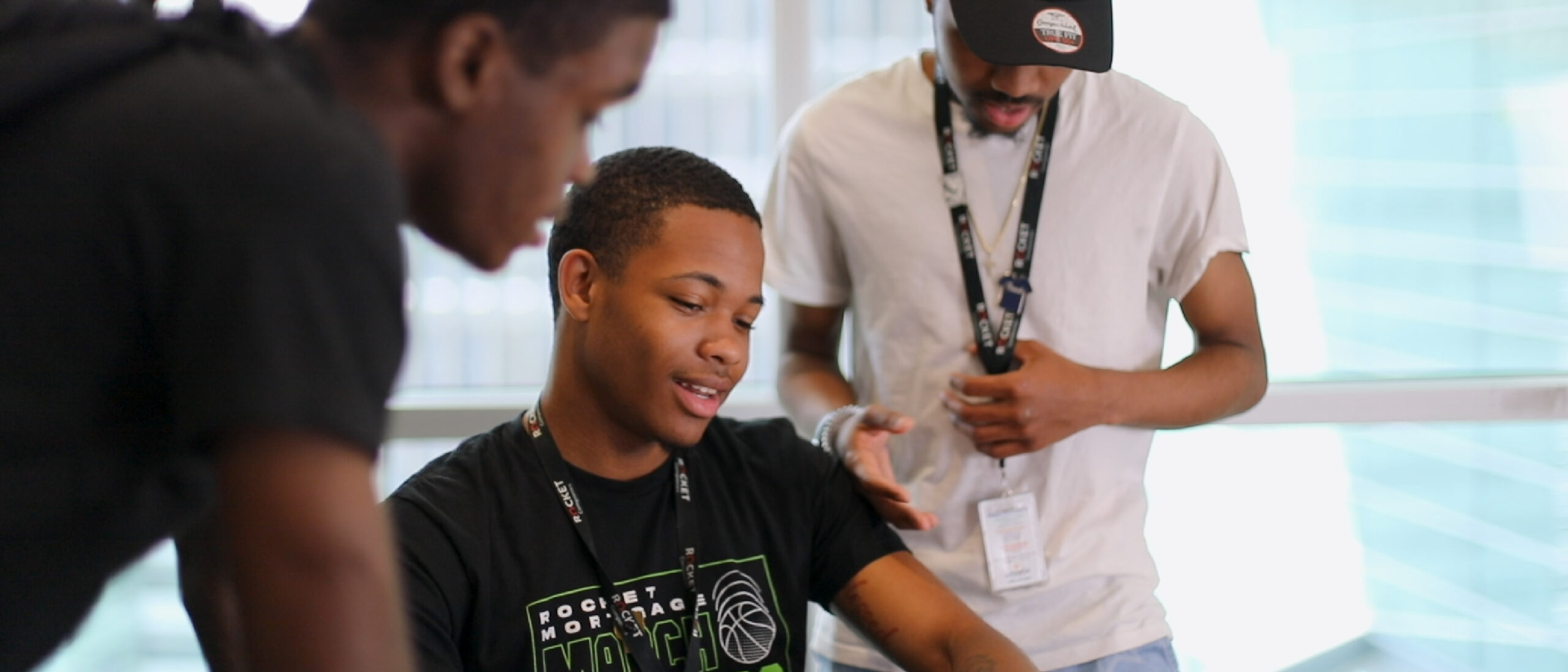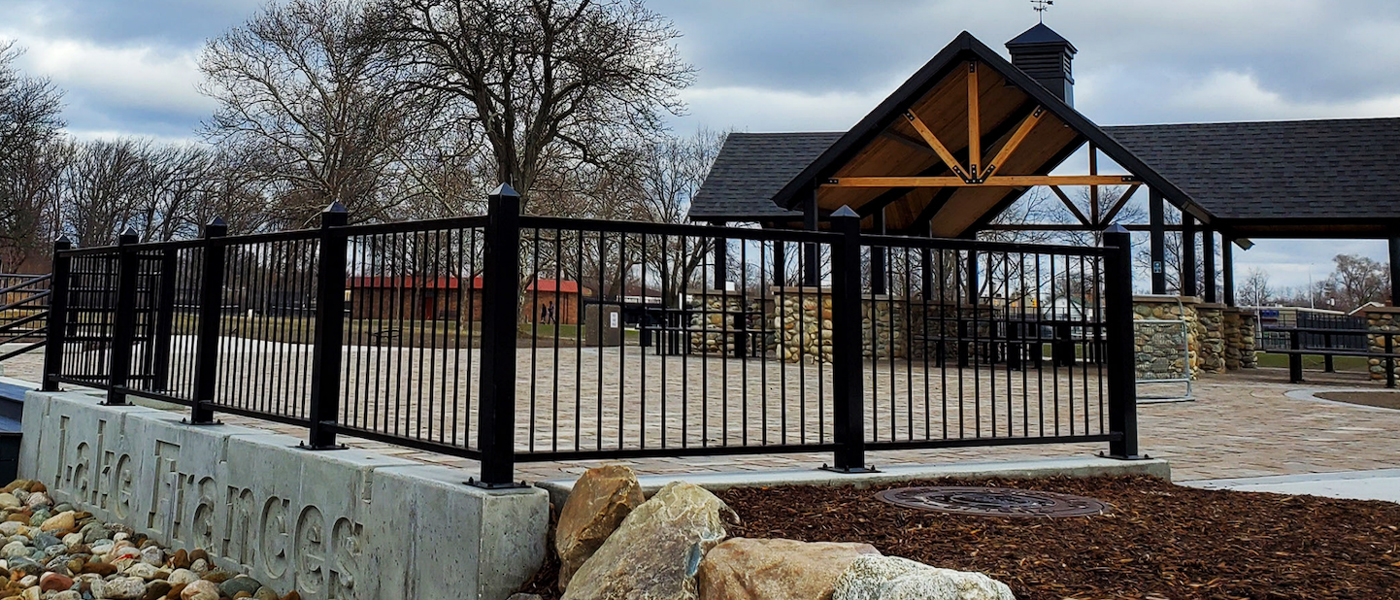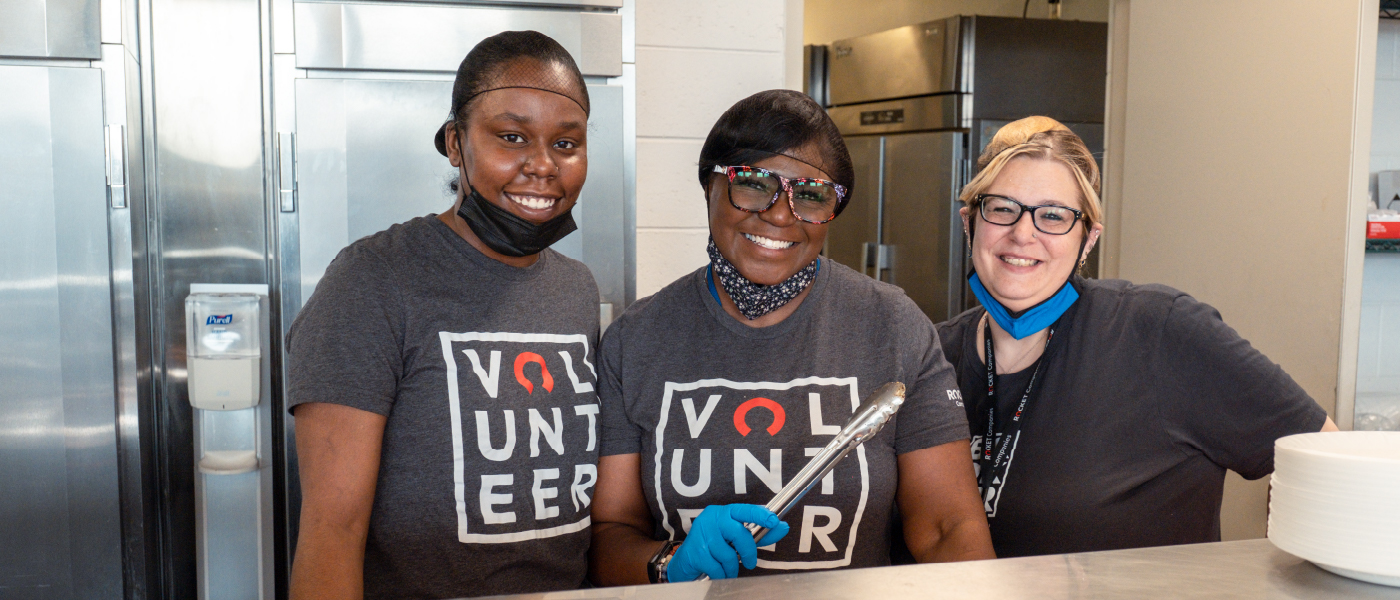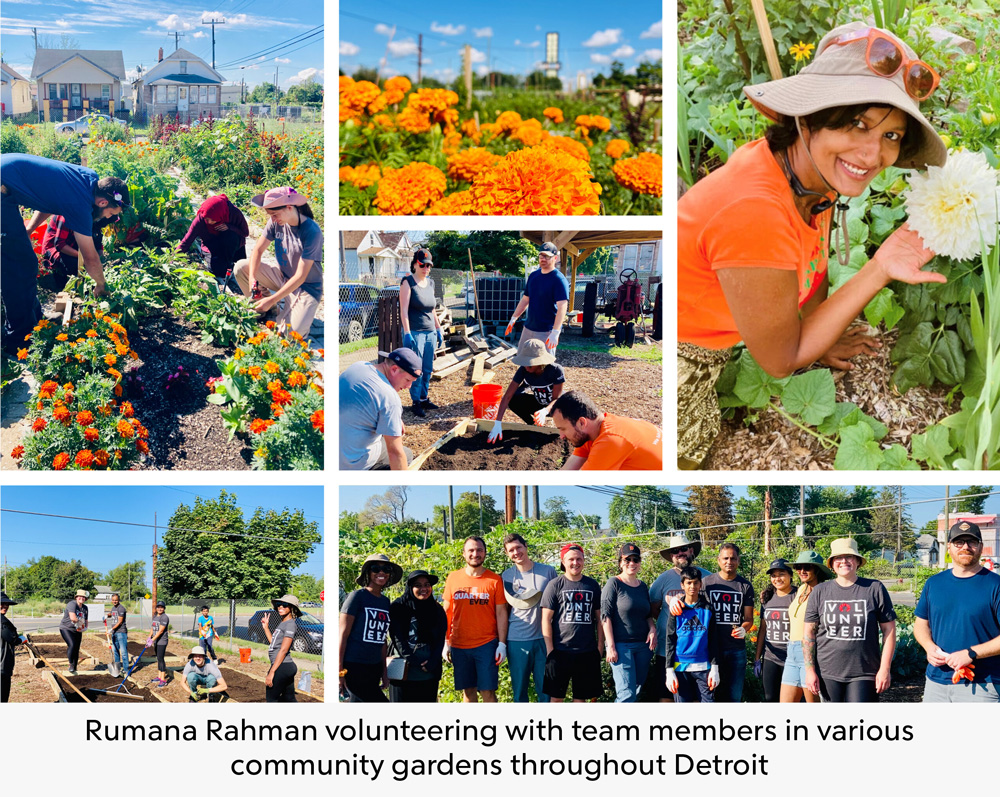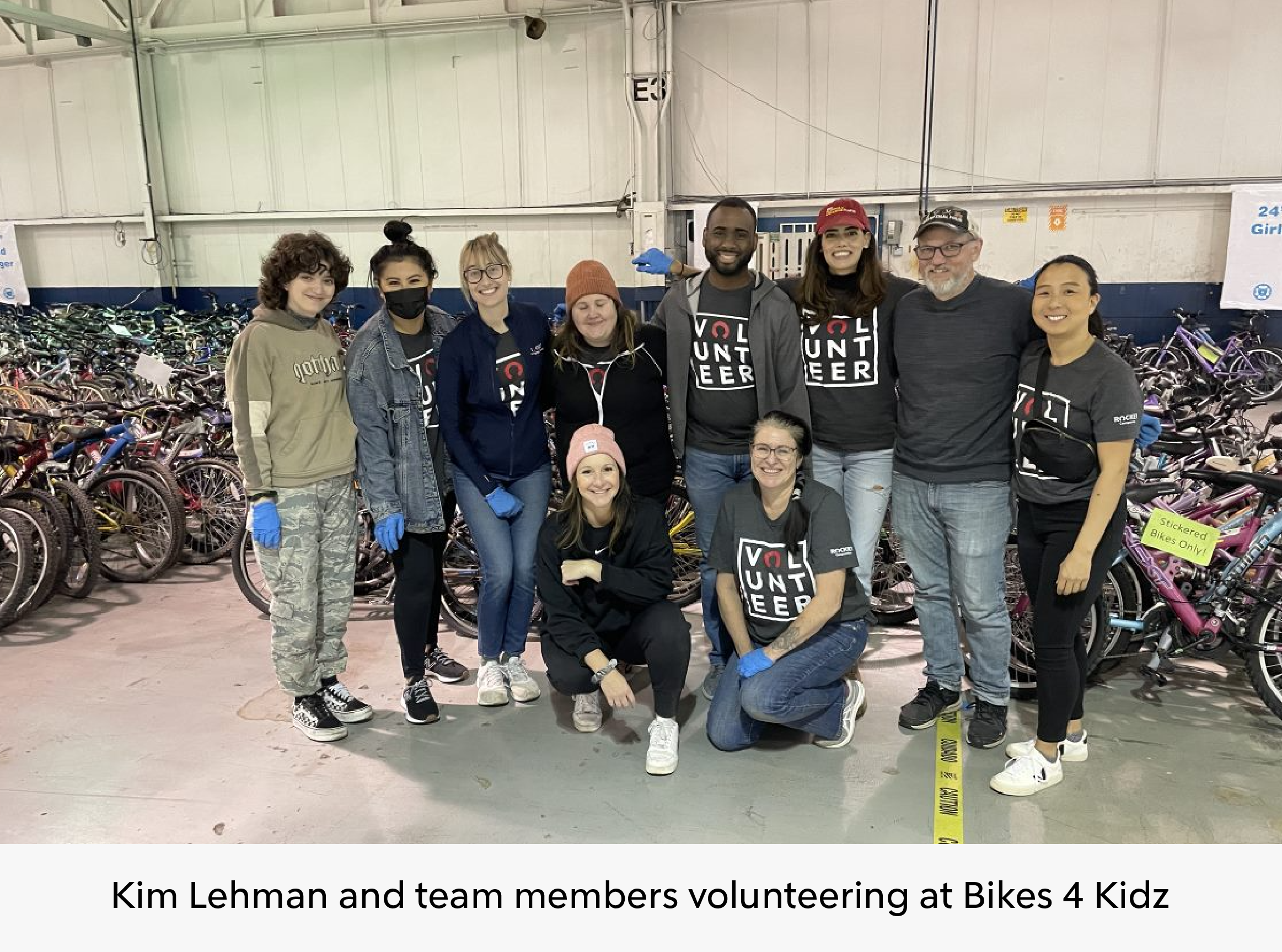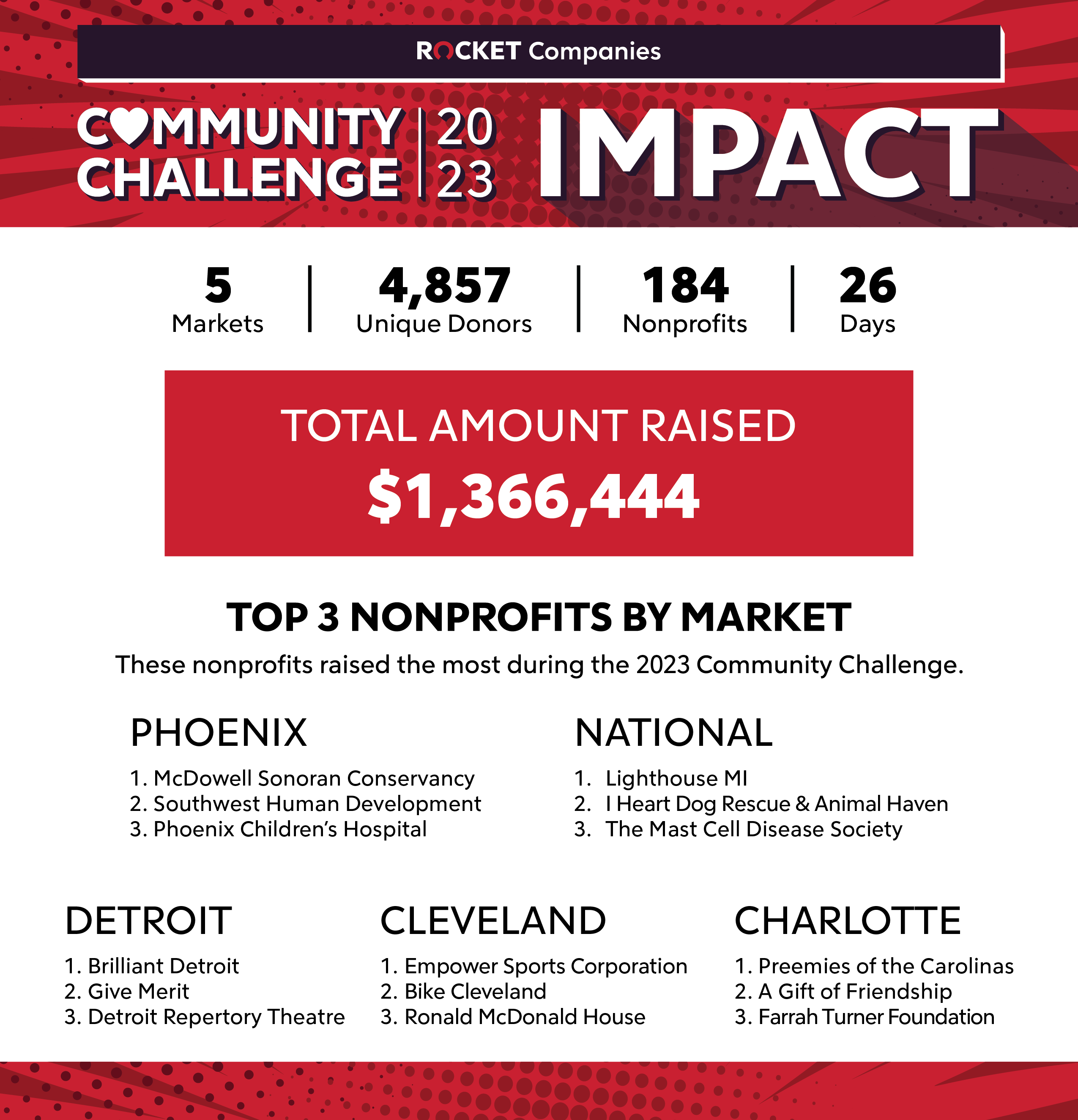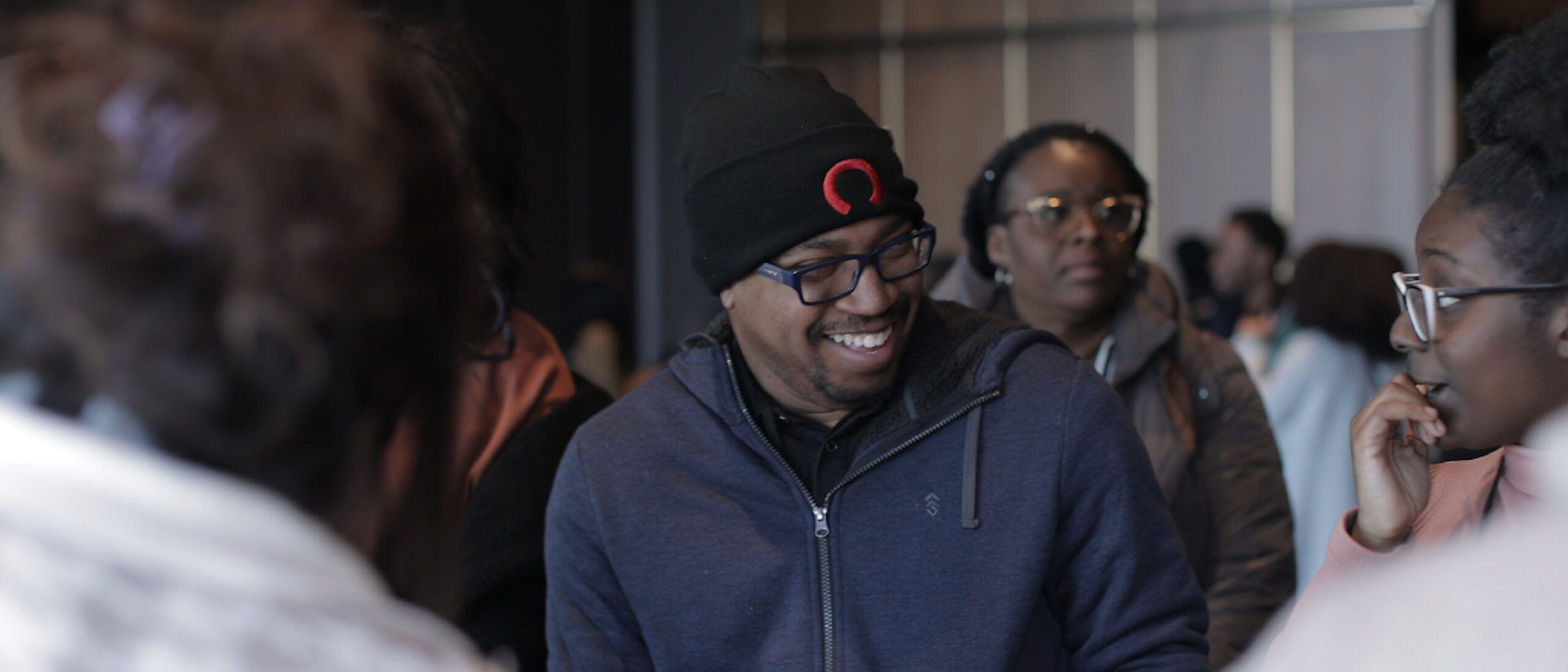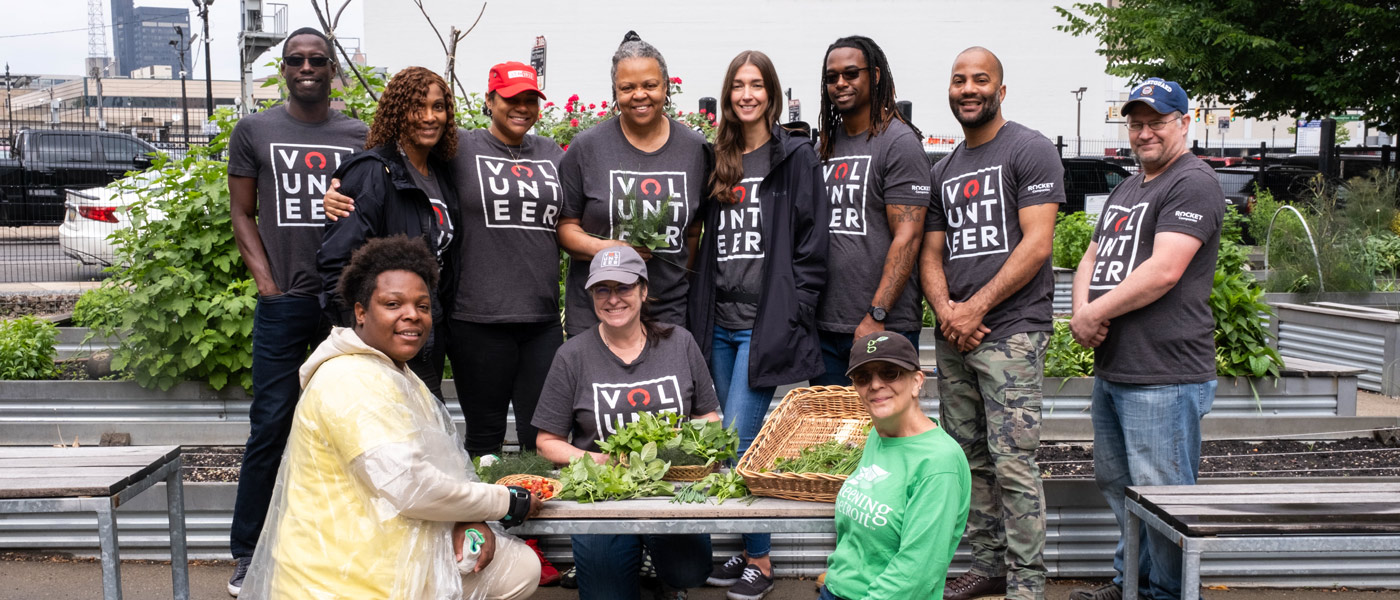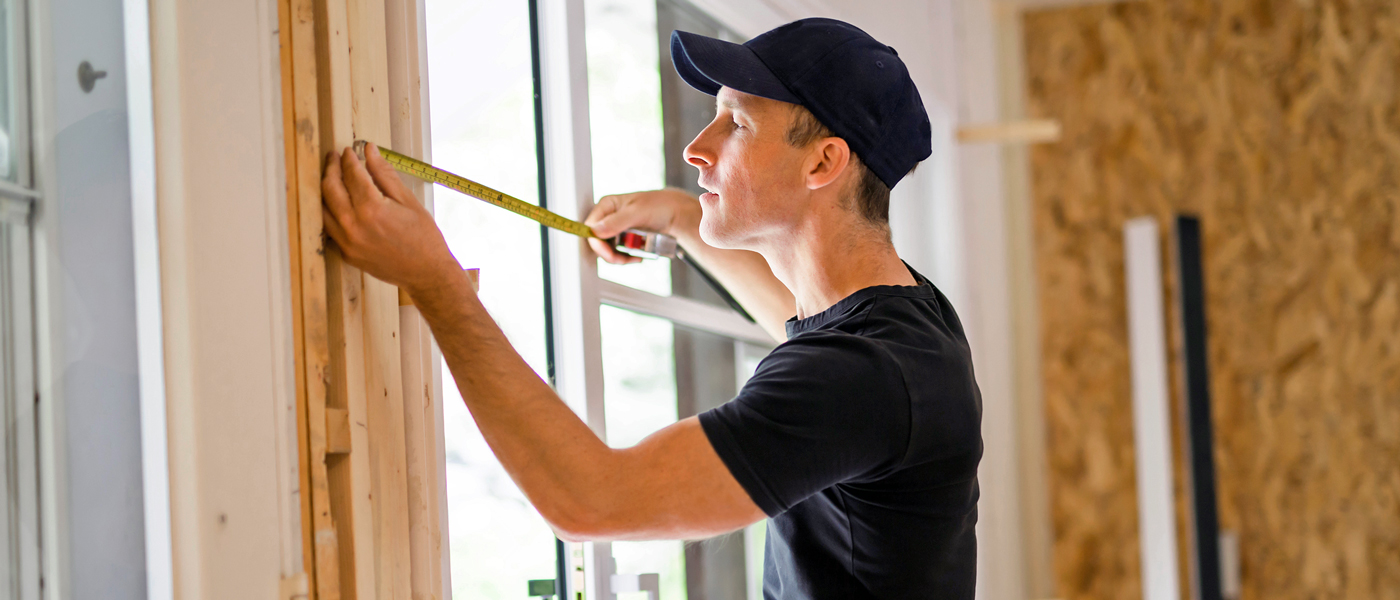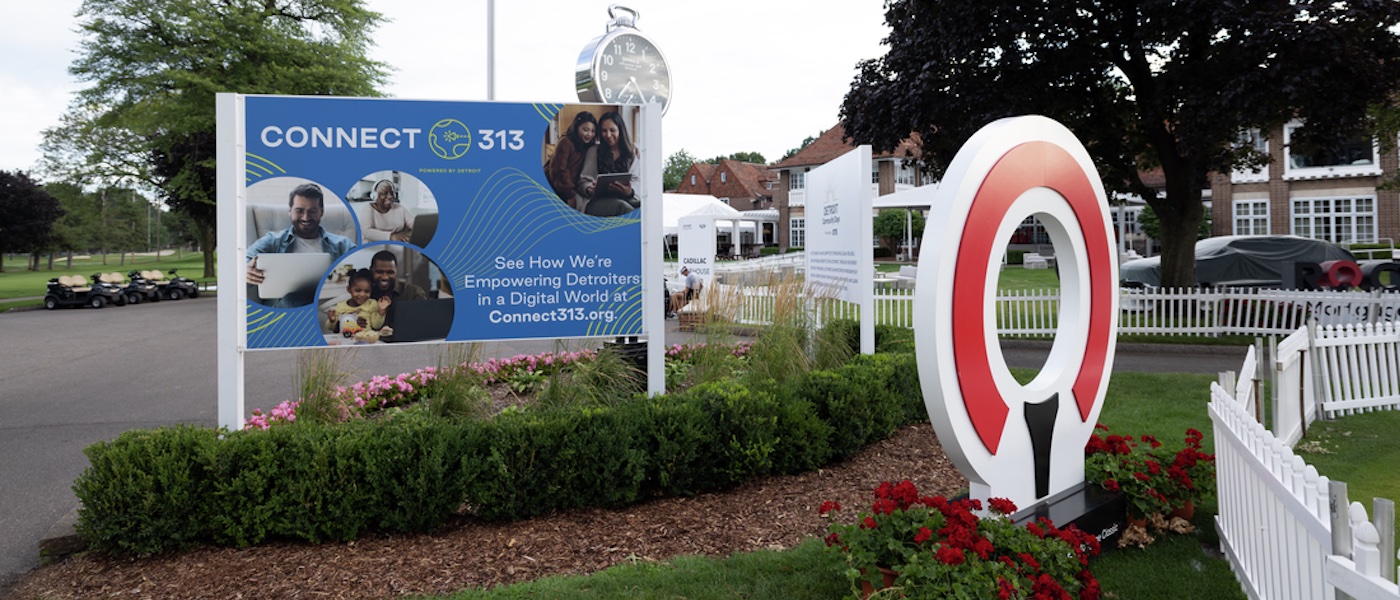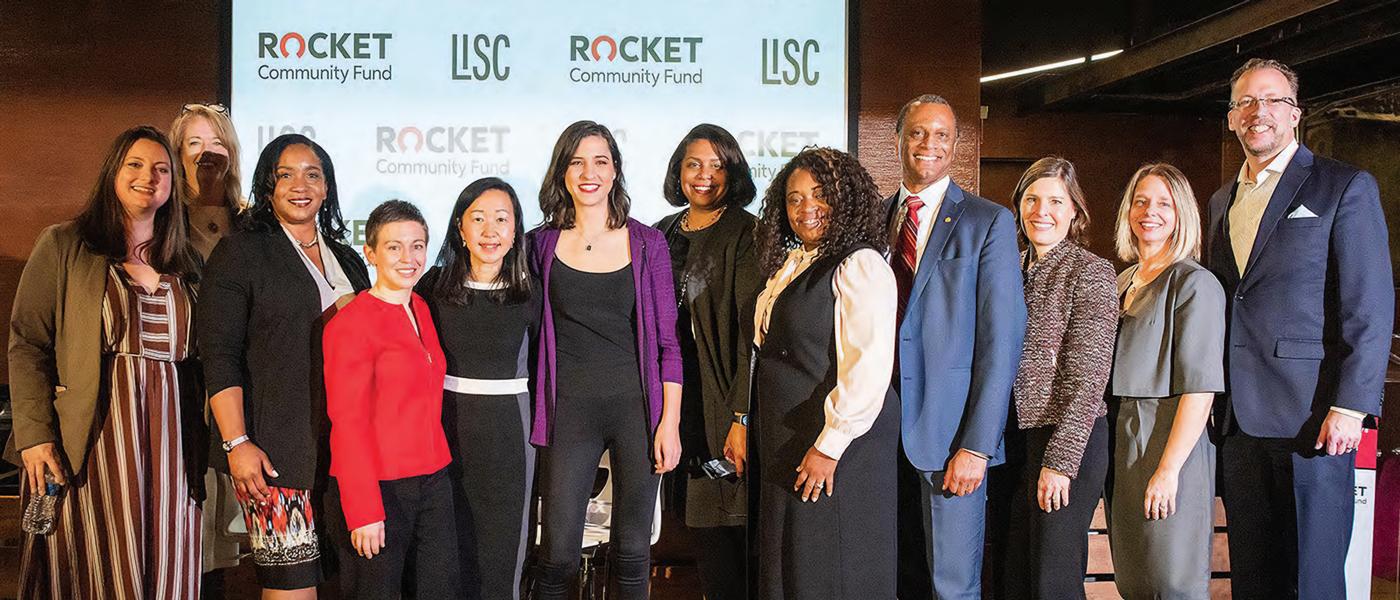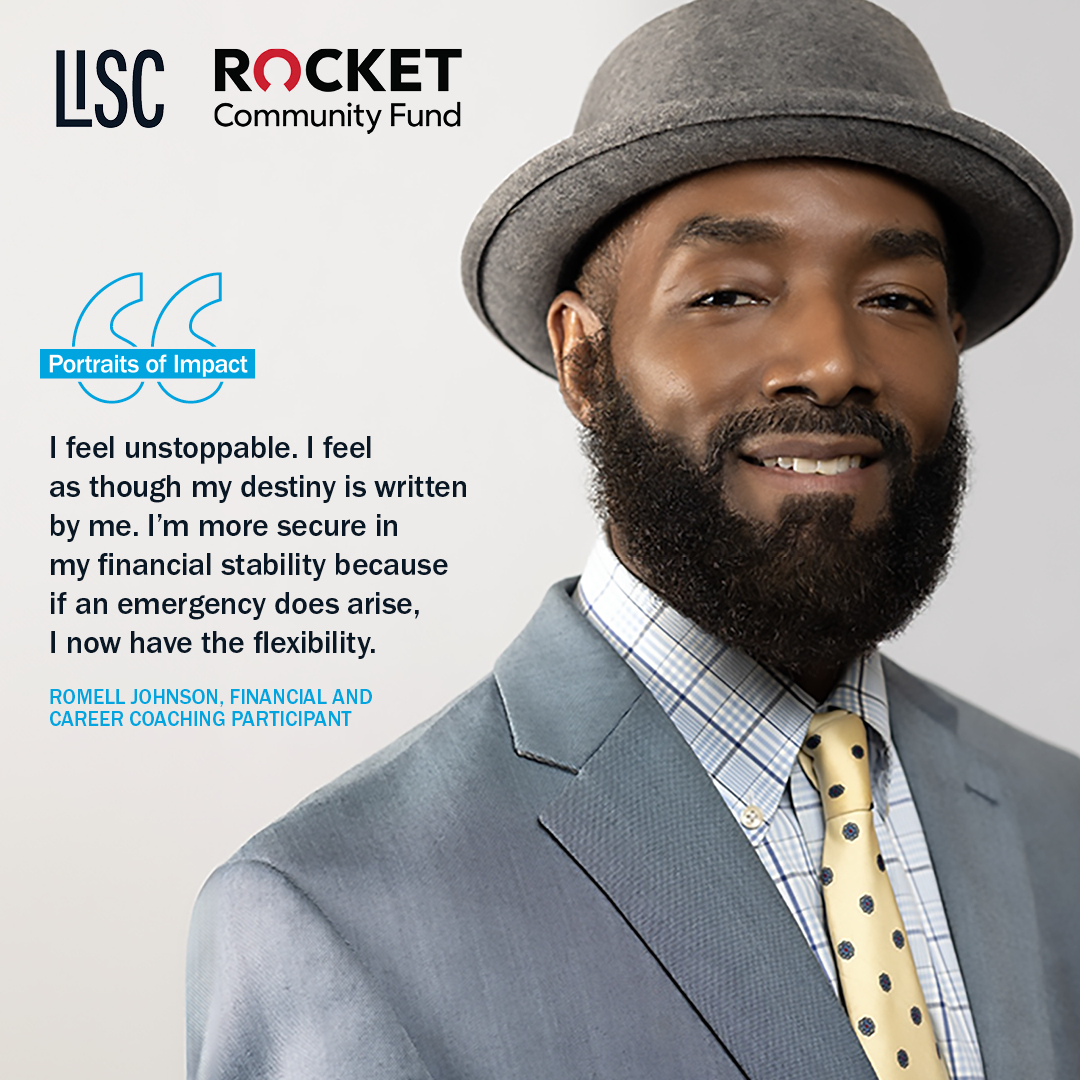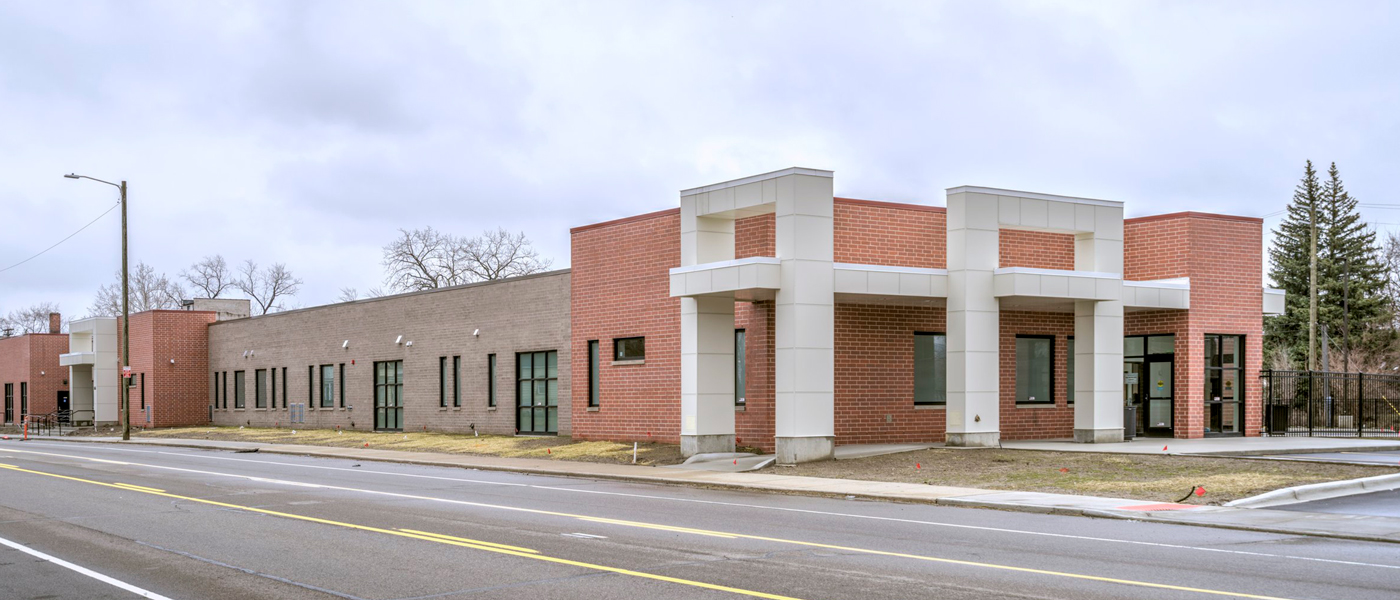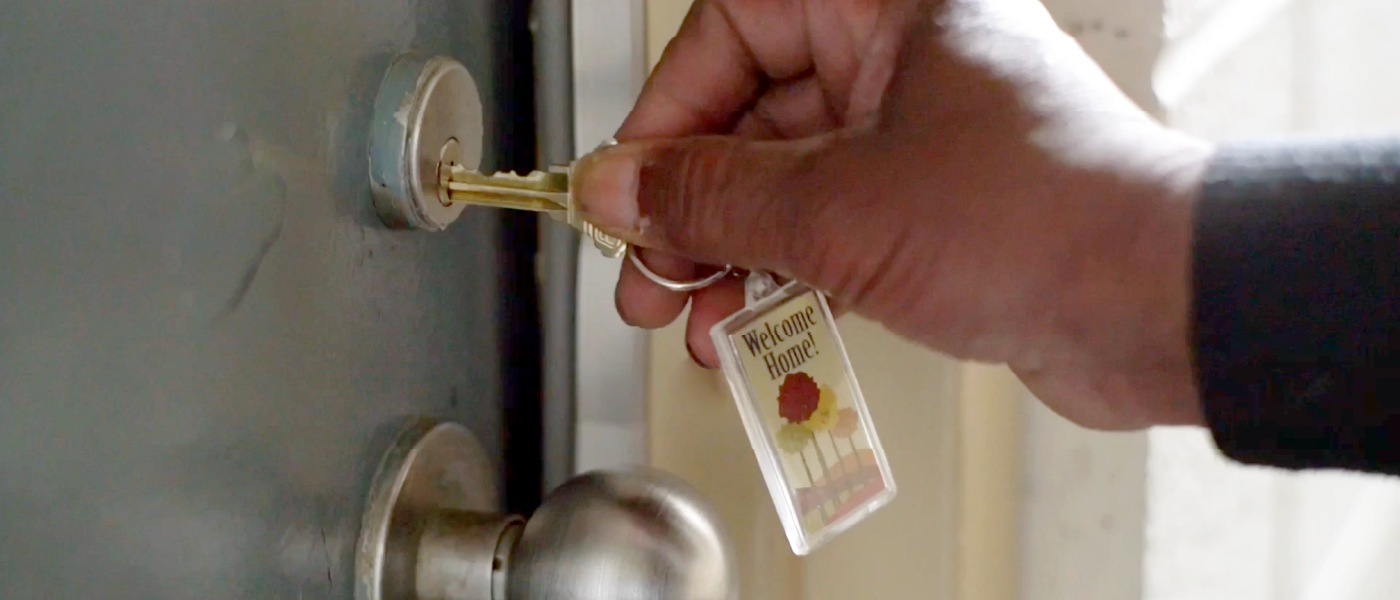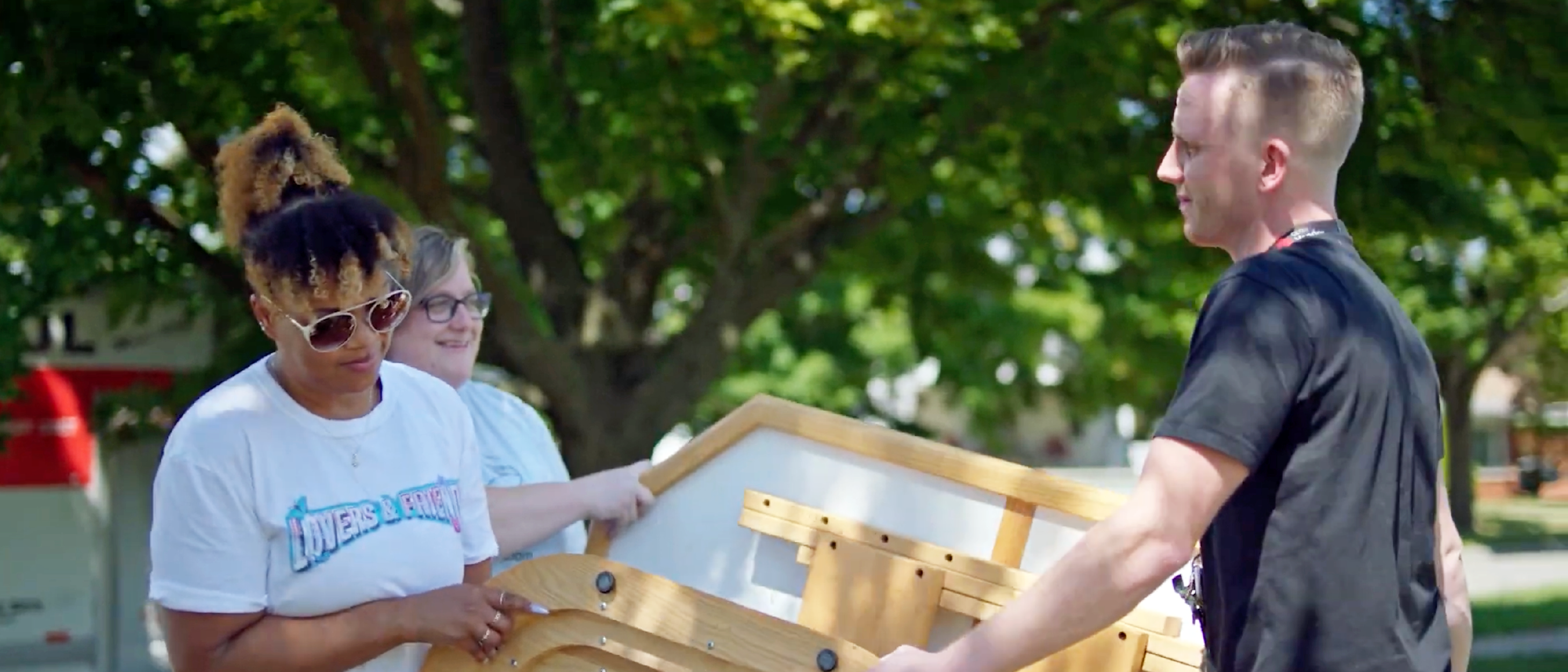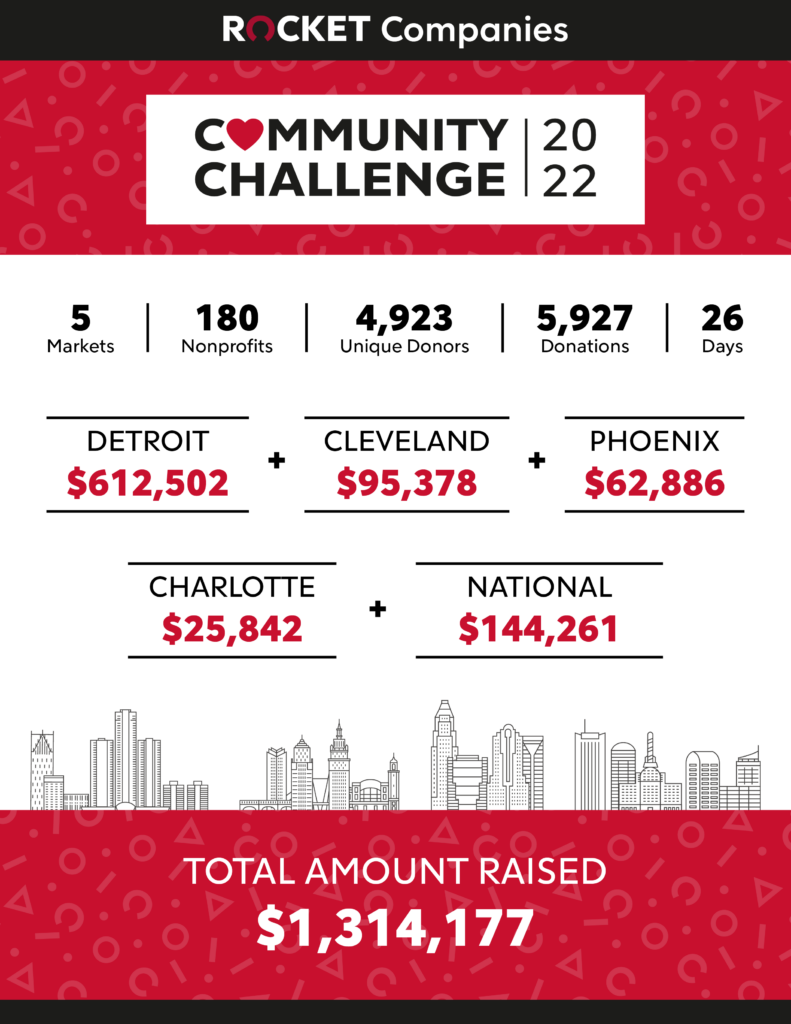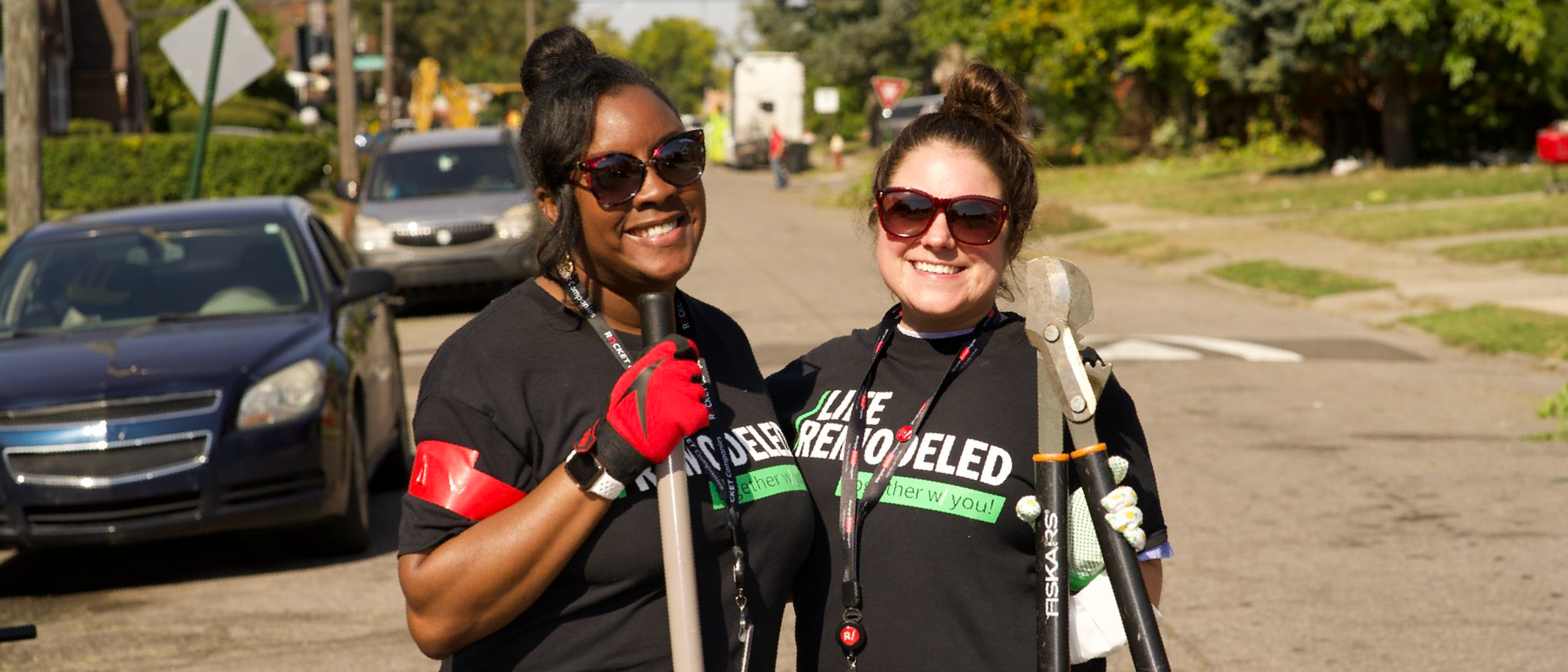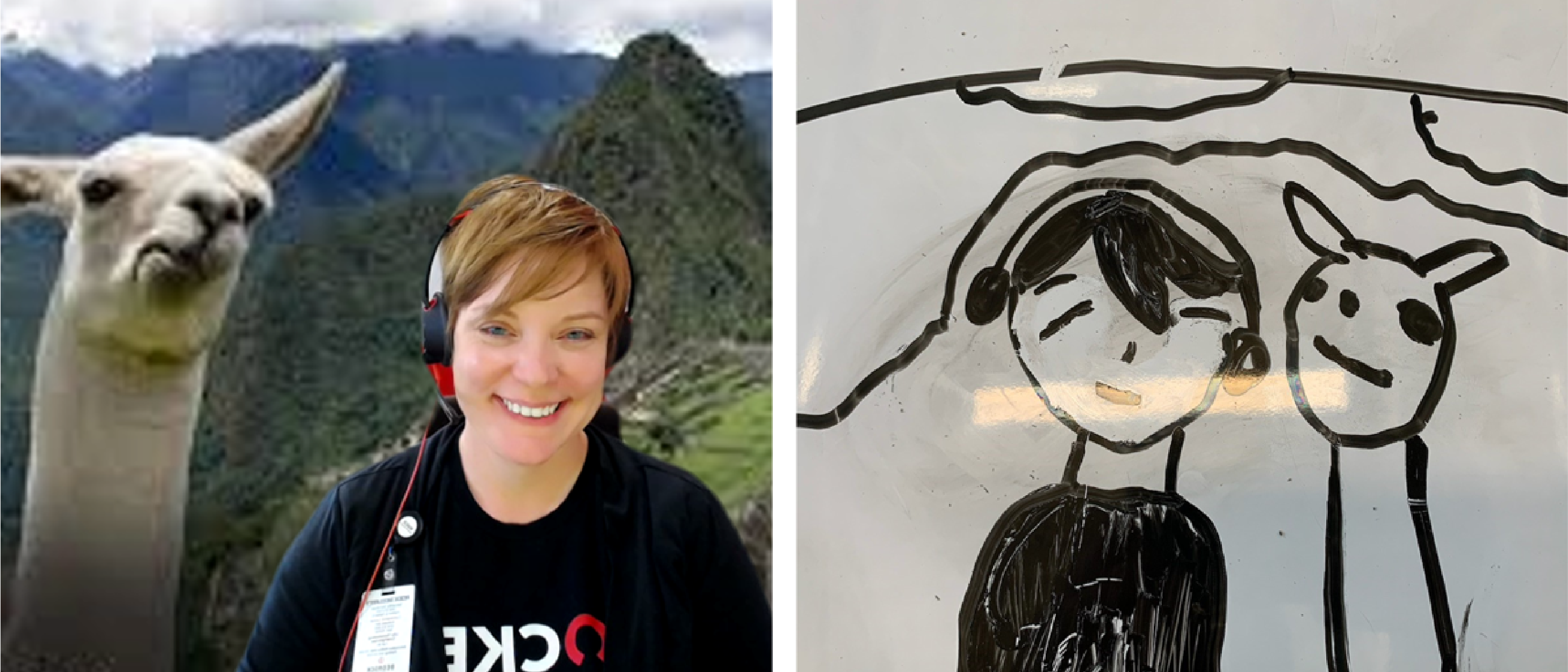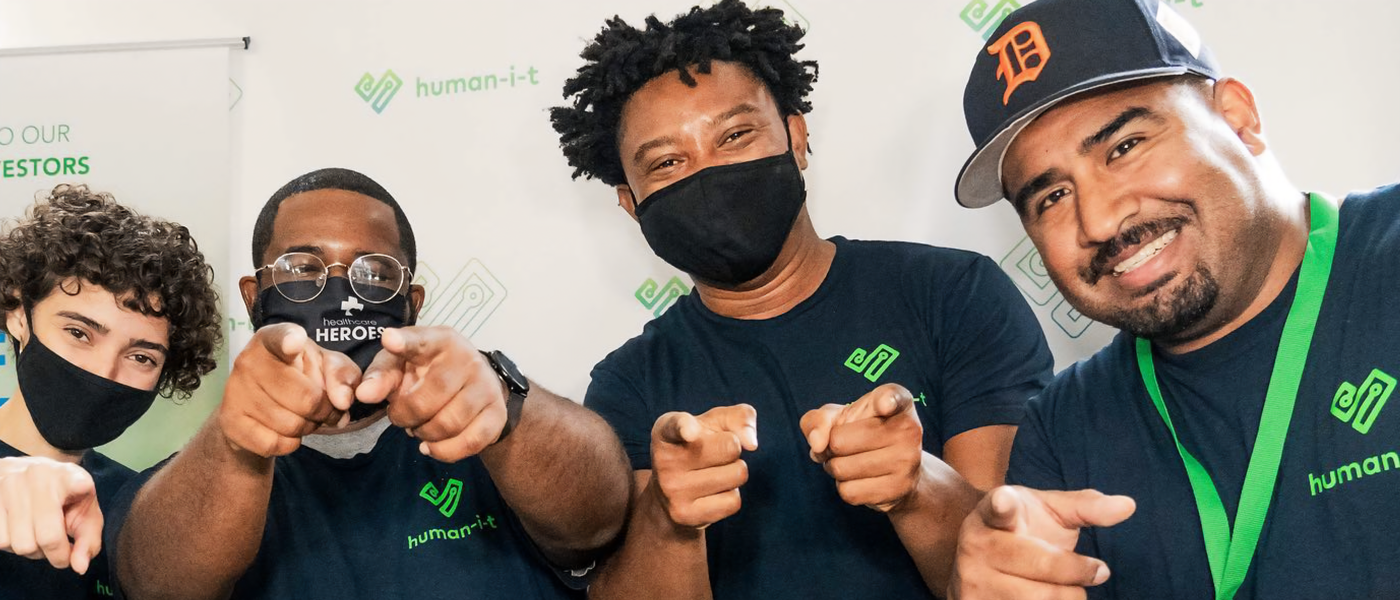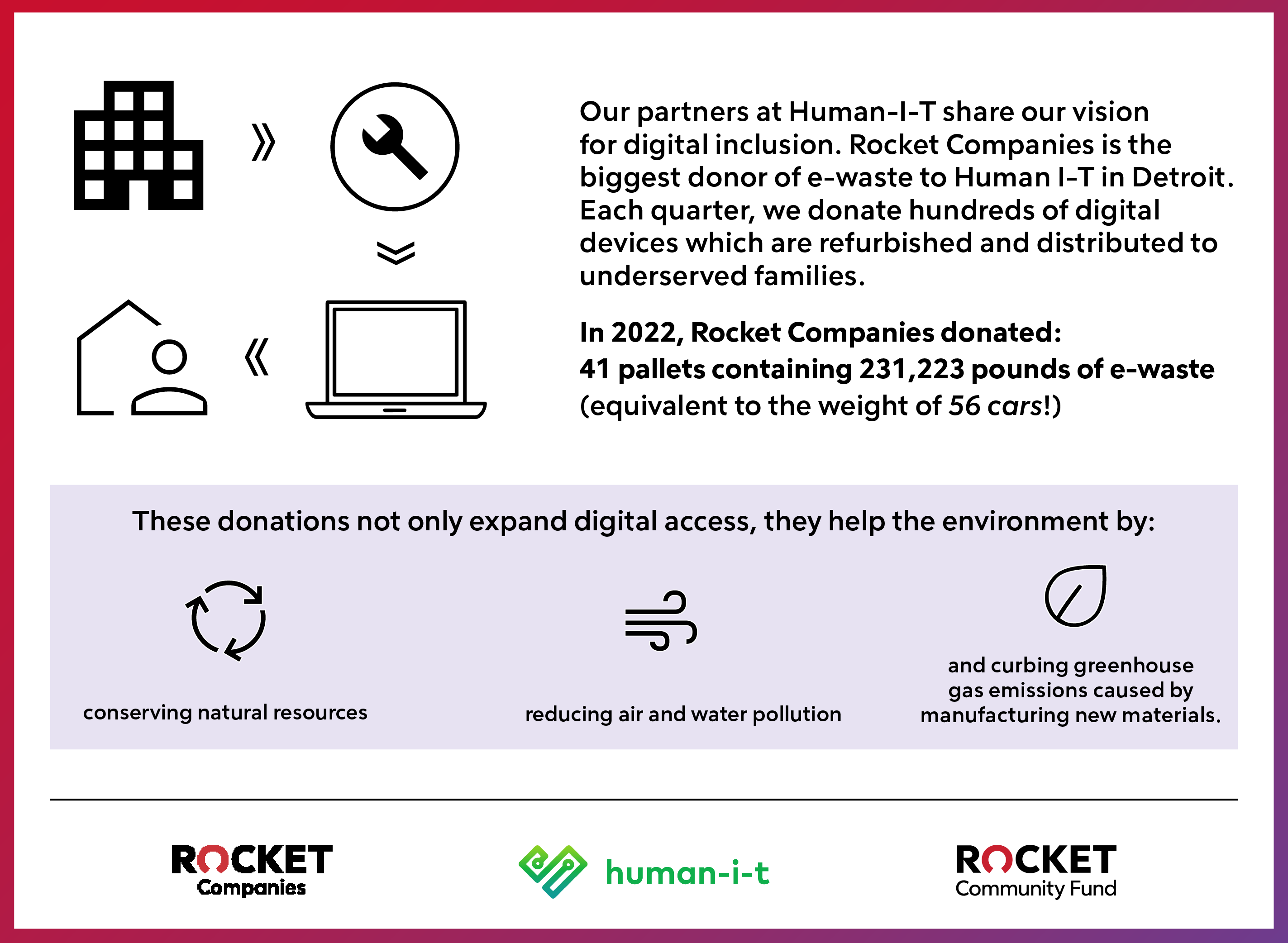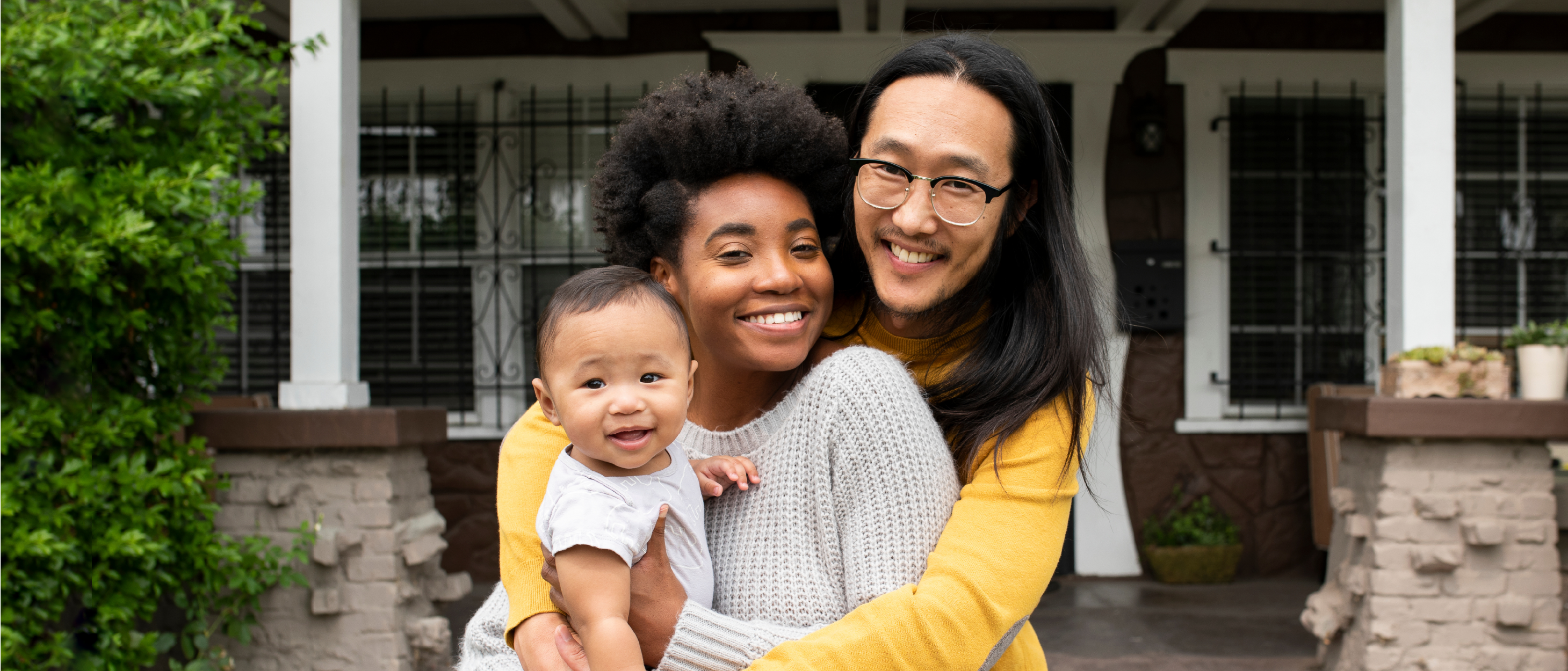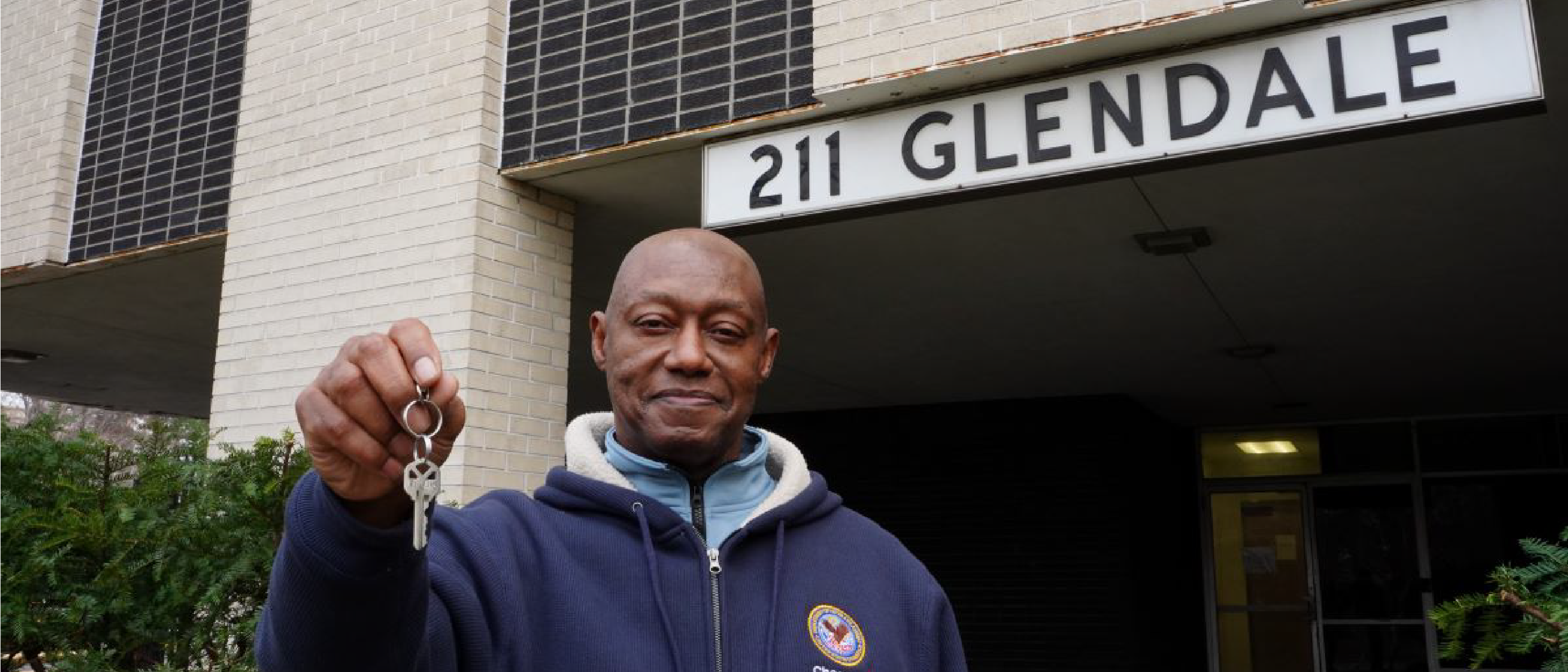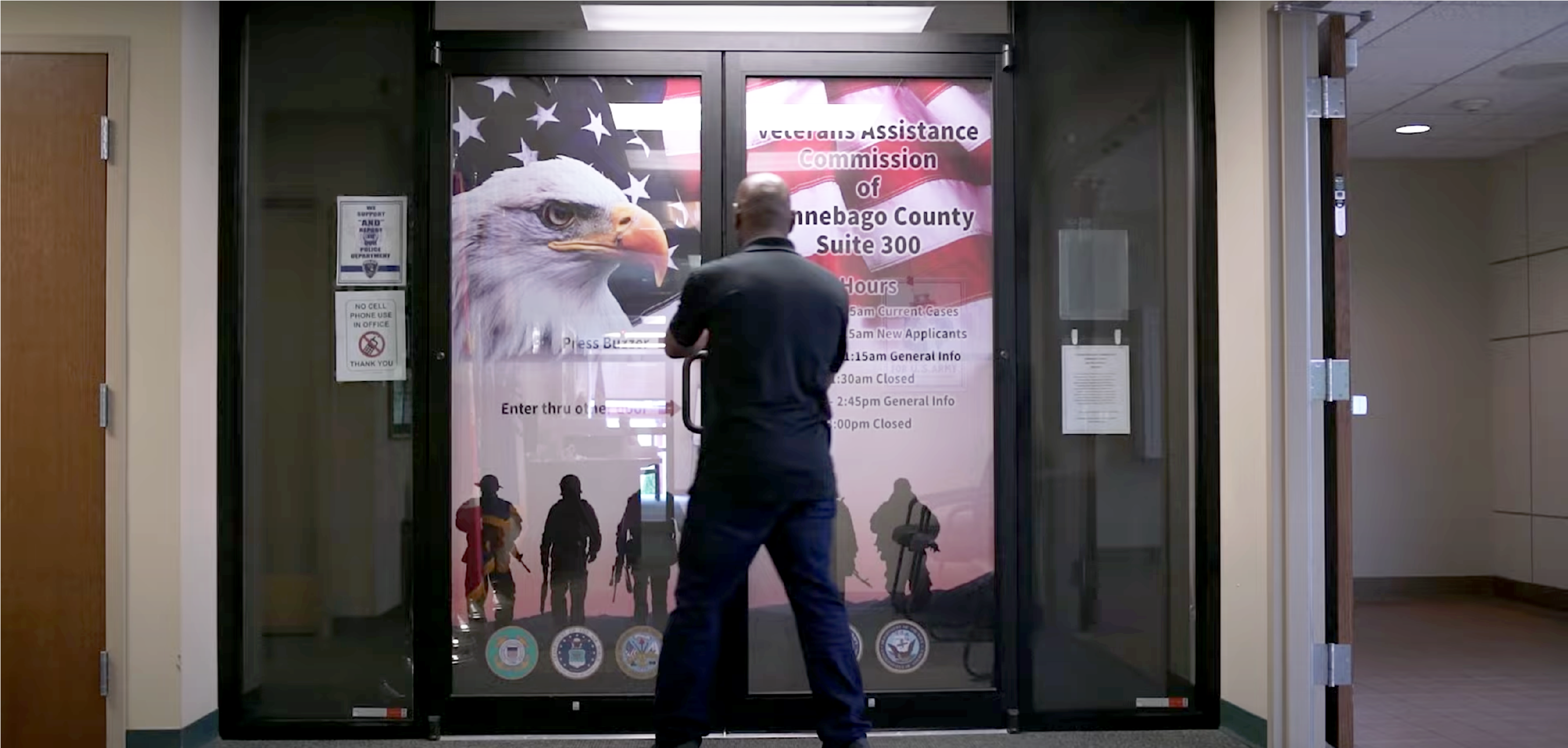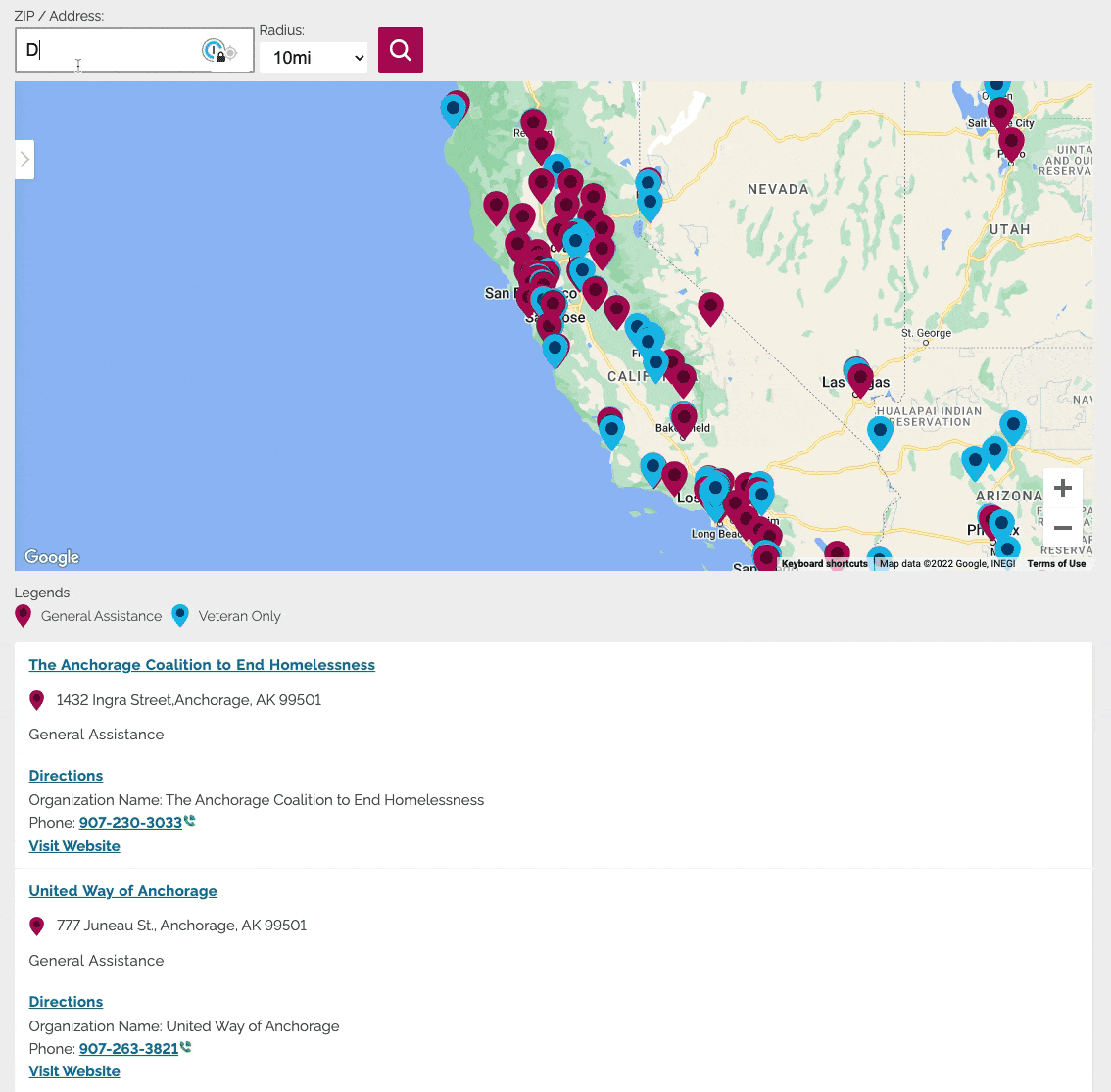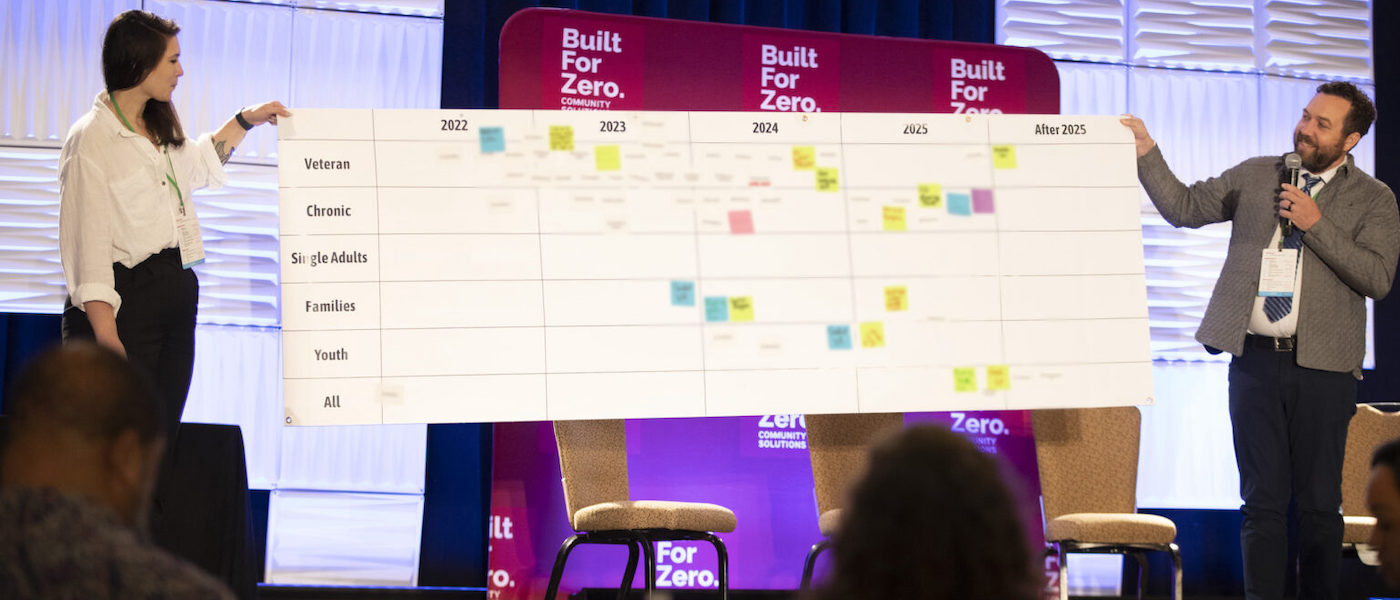In this edition of five questions, we sat down to talk with Haven Simsar, a Program Manager on out Housing Stability team. Haven’s previous experience includes a stint at Rocket Mortgage and the role of Managing Director of a nonprofit focused on food security. Haven’s passion for equity and inclusion translates onto her current role, where she manages partnerships and programs to help stabilize housing, and extends to her hobbies: In her spare time, Haven works as an Election Inspector to facilitate the hope for change that each election brings.
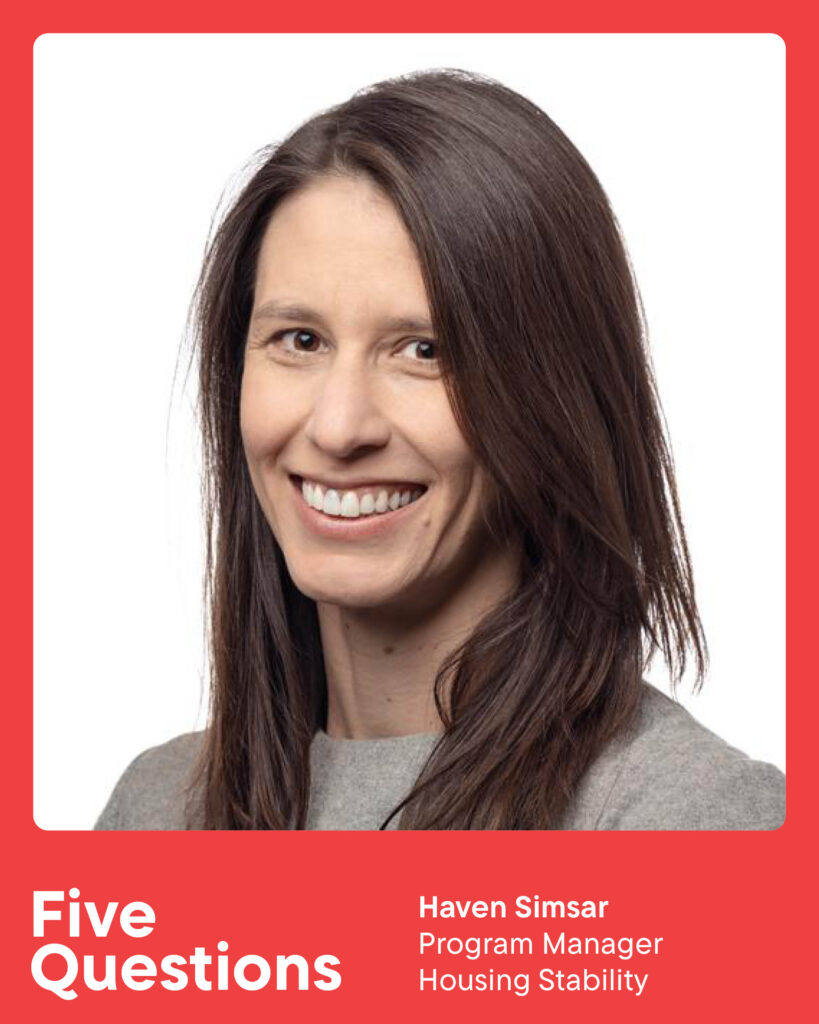
Rocket Community Fund: As Program Manager for the Housing Stability team, what inspired you to focus your career on addressing housing insecurity in Detroit and other communities?
Haven Simsar: Without stable, healthy housing, a place to call home, economic mobility is next to impossible. Housing unlocks community services and job opportunities. Our systems require an address. Prior to joining Rocket, I was the Managing Director of an NYC based non-profit that sought to increase food security. Through this work I saw firsthand the power of stable, healthy housing in gaining stable access to healthy food. An address makes it easier to put food on your table and to live a quality life (however an individual defines that for themselves).
RCF: Could you share a success story about a community partnership that you believe has made a meaningful difference in stabilizing housing for vulnerable residents?
HS: From Atlanta to Detroit, the Housing Stability team at Rocket Community Fund has invested in community-driven organizations; organizations that work in the service of their neighbors, friends and families. Property tax foreclosure uproots families and destabilizes neighborhoods. In Detroit, Rocket Community Fund in partnership with many, has helped stabilize households through property tax foreclosure prevention efforts. Based on the knowledge gained in Detroit, we’ve invested in organizations doing similar work elsewhere. In Milwaukee, for example, we invested in MKE United’s Anti-Displacement Fund, a pilot that offsets property tax increases for eligible residents. Last year, this fund helped 96 homeowners. In Atlanta, we invested in a similar program operated by the Atlanta Beltline Partnership. This program is covering the property tax increases for 250 legacy, income eligible residents in one of Atlanta’s most rapidly appreciating markets through 2030. Tied to each investment are individual stories, like that of Robert Udell in Atlanta. It’s the voice of residents that brings forward the success of community partnerships.
RCF: What emerging trends or innovations in housing stability programs are you most excited about, and how might they transform the work of the Rocket Community Fund in the coming years?
HS: Over the last couple of years we’ve seen the gradual adoption of innovative solutions to these complex housing issues, from community land trusts to manufactured housing. What excites me is the trend of layering innovations to increase the attainability of homeownership and the opportunities for individuals to start gaining equity. Is a co-op on a community land trust parcel the new starter home?
RCF: Beyond the professional impact, how has working directly with communities to address housing challenges affected your personal perspective on community development?
HS: By working directly with community leaders, whether that be in city departments or nonprofits, I recognize community development is complex and multifaceted. At the same time, it has reinforced that there are passionate, brilliant, talented community leaders working every single day to underpin their neighborhoods. Their work needs collective support – it needs community members, neighbors – to drive it forward. My work bridges the professional and the personal. Whether I’m participating in the park clean up down the block or supporting small, local businesses, I have a role in making my neighborhood vibrant.
RCF: In your spare time, you work at election sites. Why is this so important to you?
HS: On (most) election days, my partner and I take an oath to “faithfully discharge the duties of the office of inspector of elections”. This is important to me because of the hope that surrounds election day – it bridges generations. There is a hopeful energy to election day that builds from the moment it’s announced that the polls are open, to signing the tabulator ticket. This past election in November I watched a father take a seat in the public viewing area to watch his son vote for the first-time. Both were beaming. There was another young man who asked for an extra “I voted” sticker to send to his parents in Puerto Rico. He was the first in his family to be able to vote in a presidential election and he wanted to share a part of the experience. It is both humbling and inspiring to be a part of these moments.


